In today’s fast-paced digital landscape, the marriage between artificial intelligence (AI) and marketing, commonly known as ‘marketing with AI,’ has become more than just a trend—it’s a necessity. Picture AI as your marketing sidekick, tirelessly crunching data, optimizing campaigns, and delivering personalized experiences to customers. Throughout this article, we’ll explore the myriad ways ‘marketing with AI’ revolutionizes marketing strategies, from personalized content creation to predictive analytics and beyond.
1. Introduction to AI in Marketing
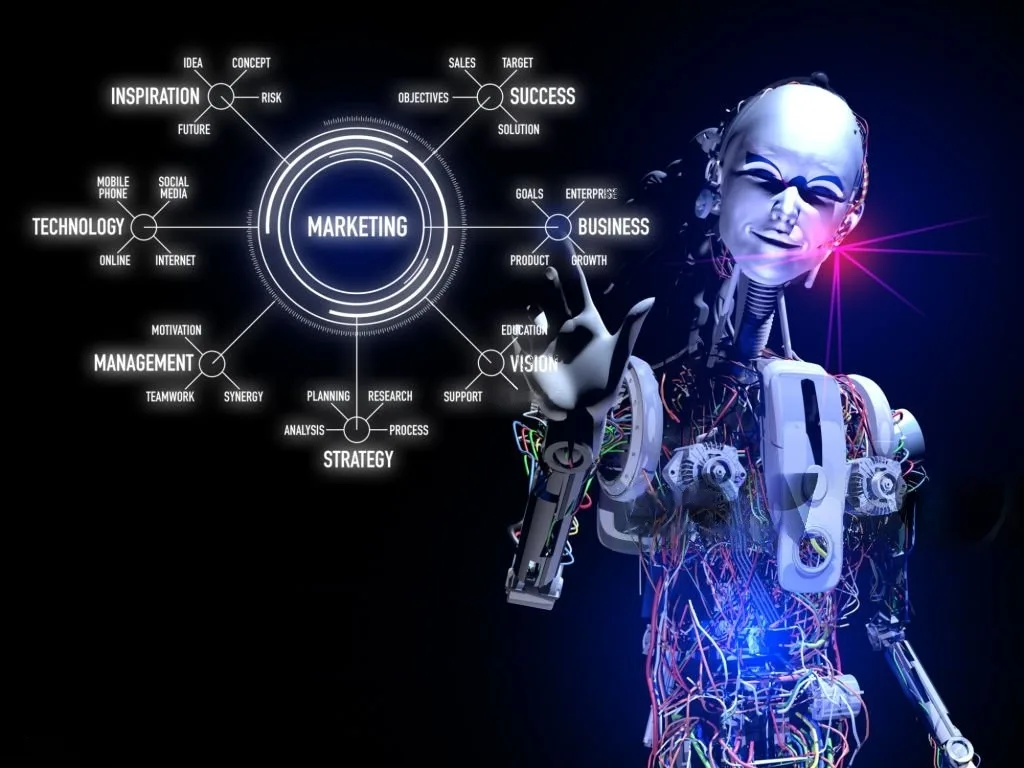
Understanding the Role of AI
AI isn’t here to replace marketers; it’s here to augment their efforts. By leveraging machine learning algorithms and big data analysis, AI empowers marketers to make data-driven decisions and unlock insights that were previously hidden in the depths of spreadsheets.
Importance of AI in Modern Marketing
In a world where consumers expect personalized experiences, AI is the key to unlocking hyper-targeted campaigns that resonate with individuals on a personal level. Whether it’s tailoring product recommendations or predicting future trends, AI enables marketers to stay ahead of the curve.
2. Applications of AI in Marketing
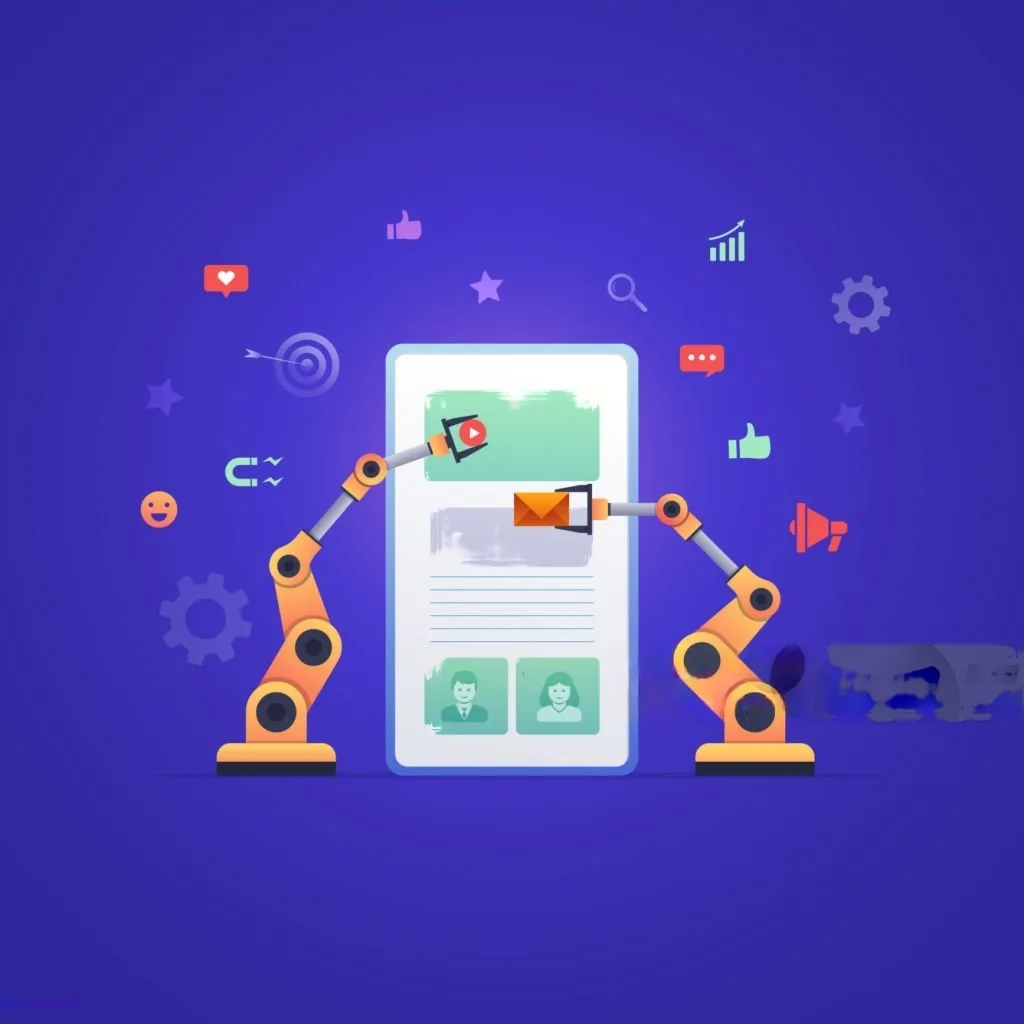
Personalized Content Creation
Gone are the days of generic marketing messages. With AI-powered content generation tools, marketers can create tailored content that speaks directly to the needs and preferences of their target audience, increasing engagement and conversion rates.
Predictive Analytics for Customer Behavior
Man-made intelligence doesn’t simply dissect past information — it predicts future patterns. By harnessing the power of predictive analytics, marketers can anticipate customer behavior, identify potential leads, and tailor their marketing strategies accordingly.
Chatbots and Customer Service
Say hello to your AI-powered customer service representatives—chatbots. These virtual assistants are available 24/7 to answer customer queries, resolve issues, and even recommend products, providing a seamless and personalized experience for consumers.
Dynamic Pricing Strategies
AI algorithms analyze market conditions, competitor pricing, and consumer demand in real-time to adjust prices dynamically. This dynamic pricing strategy ensures that prices remain competitive while maximizing profitability for businesses.
3. AI-Powered Advertising
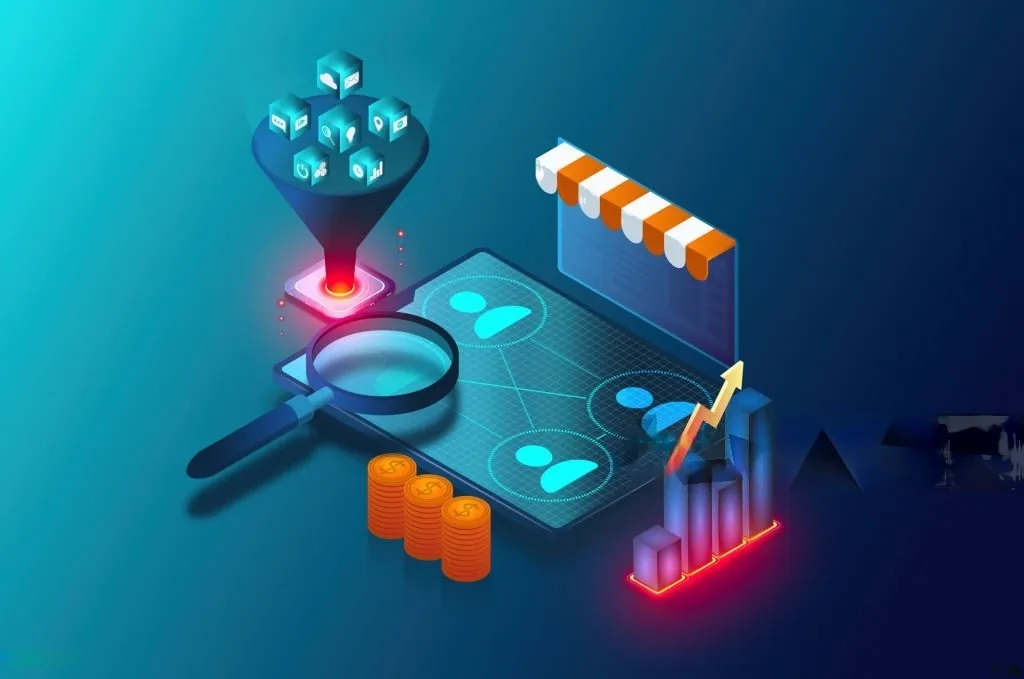
Targeted Advertising Campaigns
Forget the spray-and-pray approach. AI enables marketers to target specific demographics, interests, and behaviors with laser-like precision, resulting in higher click-through rates and improved ROI.
Ad Optimization and A/B Testing
Which ad creative resonates best with your audience? Let AI be the judge. By conducting A/B tests and analyzing performance metrics, marketers can optimize their ad campaigns in real-time to maximize effectiveness.
Programmatic Advertising Platforms
Programmatic advertising platforms use AI algorithms to automate the buying and selling of ad inventory, streamlining the ad placement process and ensuring that ads are served to the right audience at the right time.
4. AI for Content Marketing
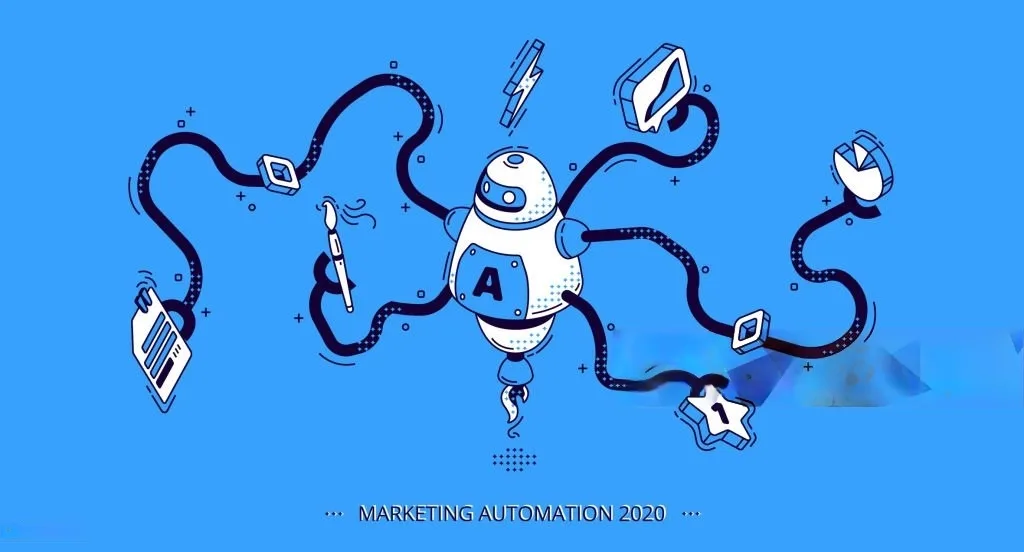
Content Creation and Curation
Battling to concoct new blog entry thoughts? Let AI lend a hand. Content creation tools powered by AI can generate topic suggestions, write articles, and even curate content from across the web, saving marketers time and effort.
SEO Optimization with AI Tools
From keyword research to on-page optimization, AI tools help marketers improve their website’s search engine ranking and attract more organic traffic, resulting in increased visibility and brand awareness.
Content Distribution and Engagement Analysis
AI-powered content distribution platforms analyze audience engagement metrics to identify the most effective distribution channels and optimize content delivery for maximum impact.
5. AI in Social Media Marketing
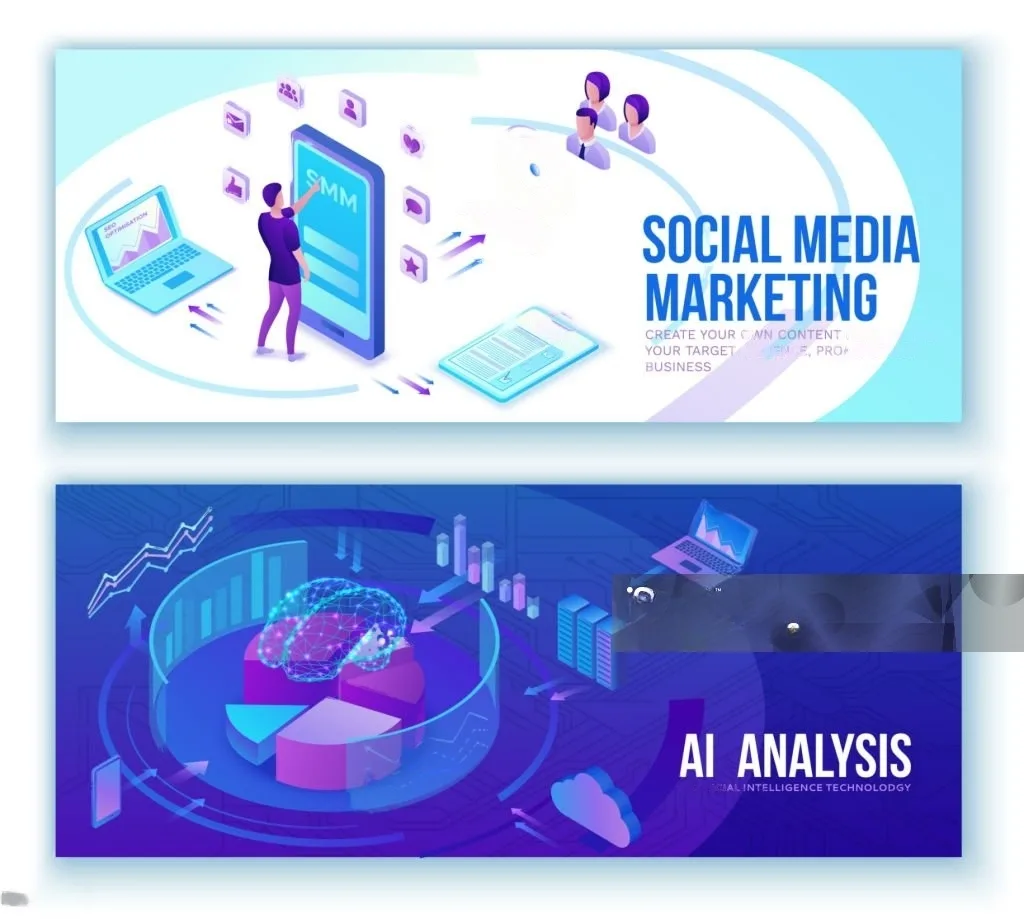
Social Listening and Sentiment Analysis
What are individuals talking about your image via virtual entertainment? AI-powered social listening tools monitor social media channels for brand mentions, sentiment trends, and customer feedback, allowing marketers to respond in real-time and mitigate potential PR crises.
Automated Social Media Posting
Keeping a functioning presence via virtual entertainment can time-consume. AI-powered social media scheduling tools automate the posting process, ensuring that your content reaches your audience at the optimal times for engagement.
Influencer Marketing with AI
Recognizing the right powerhouses to team up with can be an overwhelming errand. AI algorithms analyze influencer metrics, audience demographics, and engagement rates to help marketers identify the most relevant influencers for their brand.
6. Enhancing Customer Experience with AI
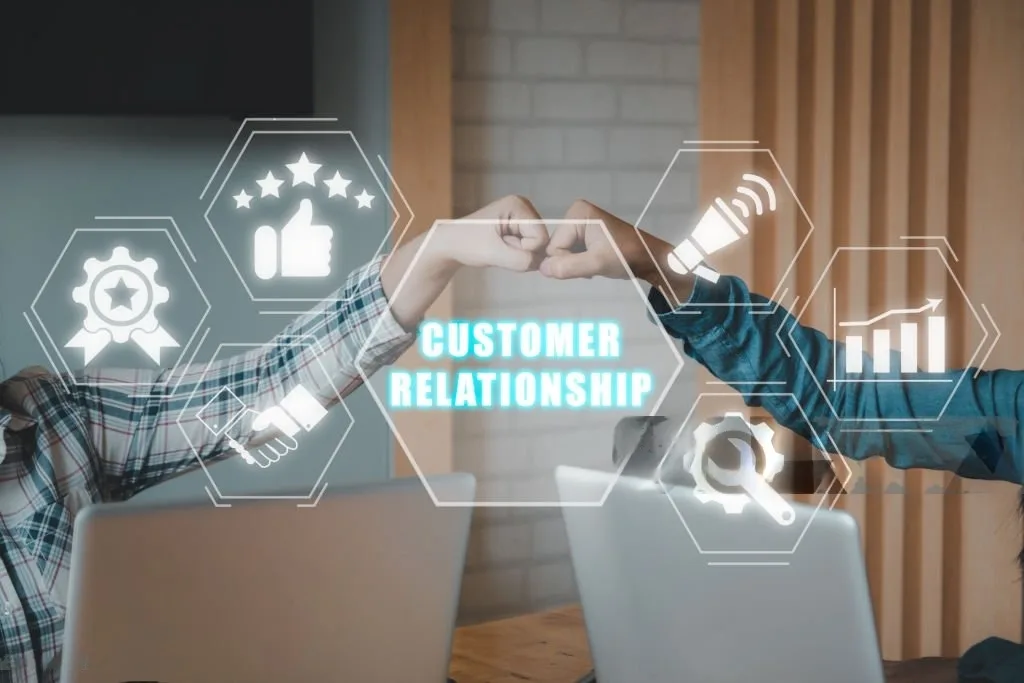
Personalized Recommendations
Whether it’s recommending products based on past purchases or suggesting content based on browsing history, AI-powered recommendation engines enhance the customer experience by delivering personalized recommendations that resonate with individual preferences.
AI-Powered Customer Support
From chatbots to virtual assistants, AI-powered customer support solutions provide instant assistance and support to customers, reducing response times and improving overall satisfaction levels.
Voice Search Optimization
With the rise of voice-activated devices like Alexa and Siri, voice search optimization has become increasingly important. AI helps marketers optimize their content for voice search queries, ensuring that their brand remains discoverable in the age of voice assistants.
7. Data Privacy and Ethics in AI Marketing

Ensuring Data Security and Compliance
As marketers collect more data than ever before, ensuring data security and compliance with regulations like GDPR is paramount. AI-powered data security solutions help marketers protect customer data and maintain regulatory compliance.
Ethical Use of AI in Marketing Practices
While AI offers incredible opportunities for marketers, it also raises ethical concerns. Marketers must use AI responsibly and ethically, avoiding practices that may infringe on consumer privacy or manipulate consumer behavior.
8. Challenges and Limitations of AI in Marketing

Overreliance on Data
While data-driven decision-making is essential, marketers must be wary of overreliance on data at the expense of creativity and intuition. Simulated intelligence ought to supplement human skill, not supplant it altogether.
Interpretation of AI Insights
AI generates vast amounts of data, but interpreting that data and extracting actionable insights can be challenging. Marketers must possess the analytical skills to translate AI insights into effective marketing strategies.
Human Element in Marketing
Despite the advancements in AI technology, the human touch remains irreplaceable in marketing. While AI can crunch numbers and analyze data, it’s human creativity, empathy, and intuition that breathe life into marketing campaigns and forge genuine connections with customers.
9. Future Trends in AI Marketing
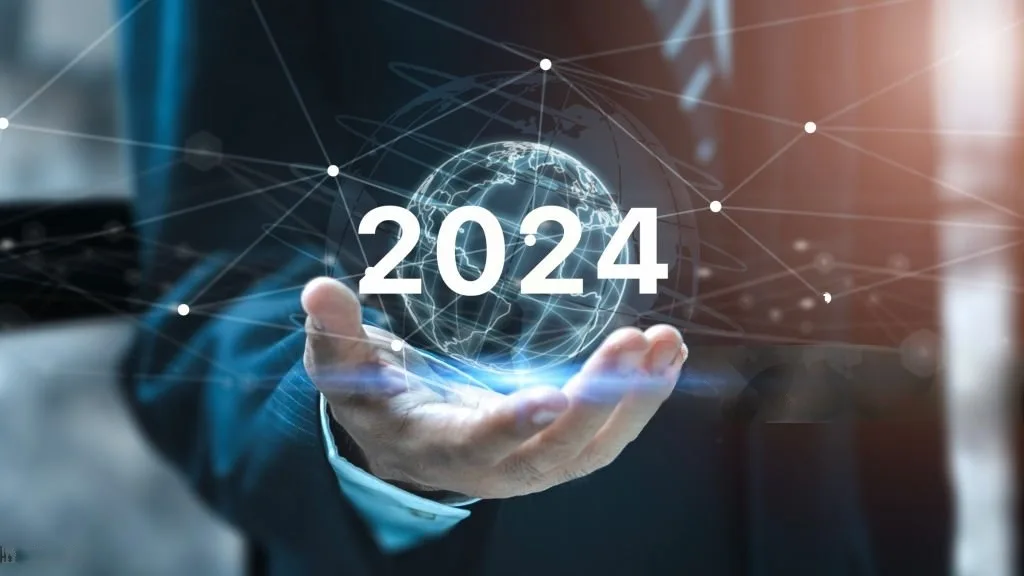
Advancements in AI Technology
As AI technology continues to evolve, we can expect to see even more sophisticated AI applications in marketing, from hyper-personalized content generation to advanced predictive analytics and beyond.
Integration of AI with Other Marketing Strategies
AI will increasingly become integrated into other marketing strategies, such as influencer marketing, email marketing, and event marketing, amplifying the effectiveness of these strategies and driving better results for businesses.
Effect of man-made intelligence on Occupation Jobs in Advertising
While AI may automate certain tasks and processes, it also creates new opportunities for marketers to focus on higher-level strategic initiatives. Rather than replacing jobs, AI augments and enhances the capabilities of marketing professionals, empowering them to work smarter and more efficiently.
10. Conclusion
In conclusion, AI has revolutionized the field of marketing, empowering marketers to deliver more personalized, targeted, and effective campaigns than ever before. From personalized content creation to AI-powered advertising and beyond, the possibilities are endless. However, it’s essential to remember that while AI is a powerful tool, it’s only as effective as the humans behind it. By embracing AI technology while maintaining the human touch, marketers can unlock the full potential of AI in driving business growth and fostering meaningful connections with customers.
FAQs (Frequently Asked Questions)
1. Is AI replacing human marketers?
No, AI is not replacing human marketers but rather augmenting their capabilities. While AI can automate certain tasks, human creativity and intuition remain essential in marketing.
2. How can AI help improve customer experience?
AI can improve customer experience by providing personalized recommendations, powering chatbots for instant support, and optimizing content for voice search, among other things.
3. Are there ethical concerns surrounding the use of AI in marketing?
Yes, there are ethical concerns surrounding the use of AI in marketing, such as data privacy issues and the potential for algorithmic bias. Advertisers should utilise computer-based intelligence dependably and morally.
4. What are some challenges of implementing AI in marketing strategies?
Some challenges of implementing AI in marketing strategies include the interpretation of AI insights, ensuring data security and compliance, and balancing the human element with AI automation.
5. What does the future hold for AI in marketing?
The future of AI in marketing is promising, with advancements in technology leading to even more sophisticated AI applications. We can expect to see AI increasingly integrated into various marketing strategies, driving better results for businesses.

